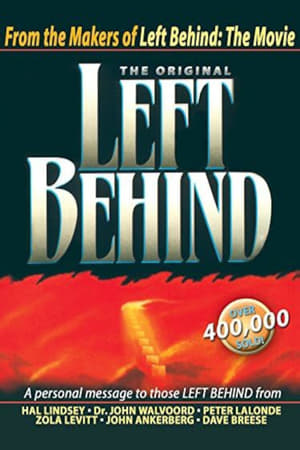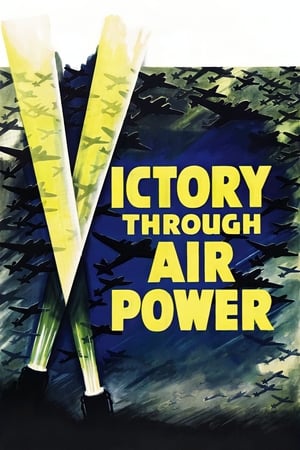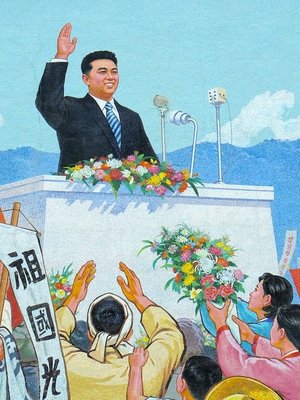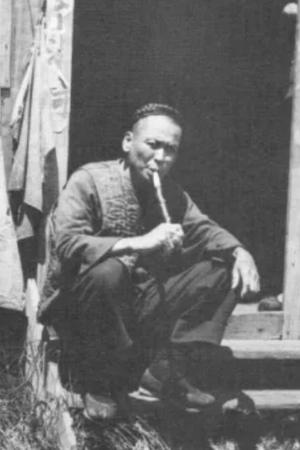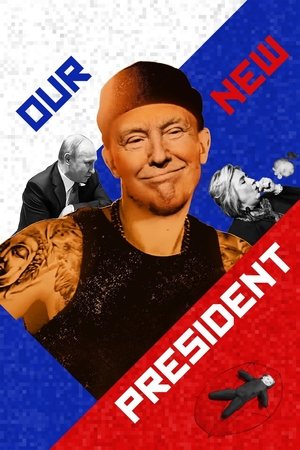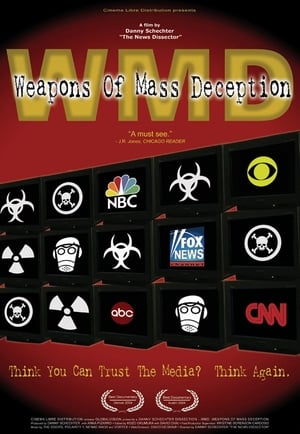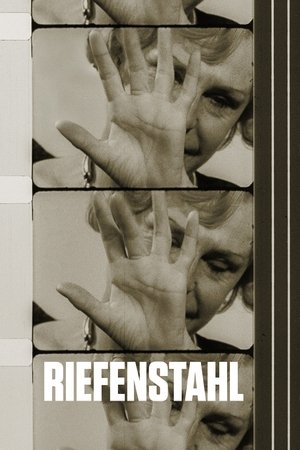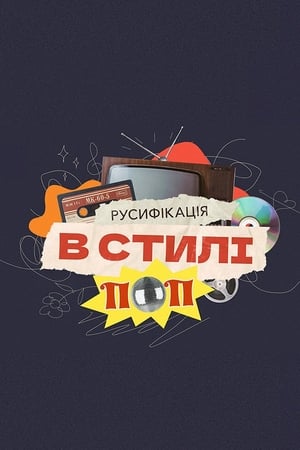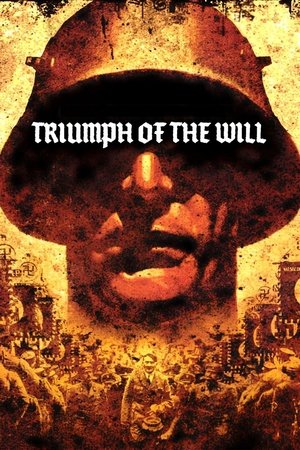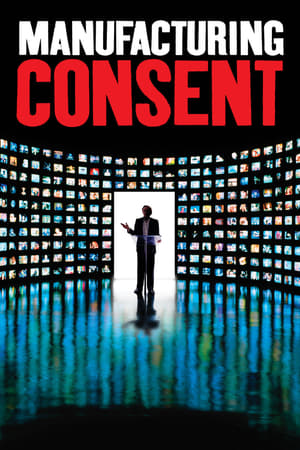Overview
Joseph Goebbels (1897-1945) was instrumental in shaping the image of the "Third Reich". The unrestrained and cynical propaganda spread under his watch contributed to Hitler's success and helped to anchor the myth of the "Führer" in the minds of the Germans. As a fanatical follower of the dictator, he supported his criminal policies unconditionally until his downfall. Consistent in his radicalism, Joseph Goebbels ended up taking his family with him to their deaths.

 German
German
 0
0
 2010
2010
 Germany
Germany



